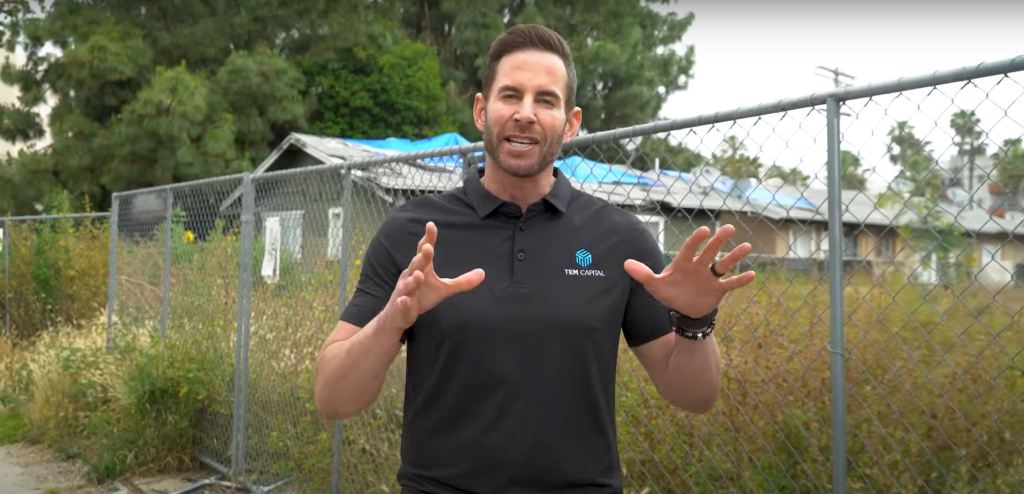Pontypridd is a sleepy-looking town 12 miles from Cardiff, smaller than both the Welsh capital and its neighbour Merthyr Tydfil. The place is no cultural Mecca, but it does punch above its weight in the charts. It has served as an incubator for a number of musical talents, including a drummer from AC/DC, a guitarist from Motorhead, the guys who wrote the Welsh national anthem and Tom Jones. Until fairly recently, Lostprophets were also local heroes. Then the band’s singer, Ian Watkins, was charged with a string of horrific sex offences, including the attempted rape of a baby. Last week, his crimes saw him sentenced to 35 years in prison.
I visited Pontypridd the day after Watkins was sentenced to speak to townspeople and local business owners. I wanted to understand how people felt knowing that a man who was deemed a “determined pedophile” was born and raised in their town.
Videos by VICE
What I found, understandably, was a town that had made a unanimous decision to put up a wall of silence. The Watkins case seems to have stuck to Pontypridd like a layer of sweat; calling attention to it only made people feel even more uncomfortable. I asked a middle-aged man who owned a stall in the town’s indoor market what he thought and he said, “Well, he’s dead, isn’t he?” He refused to comment any further. Everybody I tried to speak to denied any association the town might have with the man. Another stall owner claimed that “he was never iconic, and has nothing to do with Pontypridd”.
But the latter statement, at least, isn’t necessarily true. Pontypridd was very much a part of the Lostprophets story – at the Full Ponty Festival in 2007, Watkins spoke of the town as though it were blessed. He praised Muni, a local community centre, a now-shuttered pub named Angharad’s, and a café that housed the arcade machine that inspired their breakout single “Shinobi vs. Dragon Ninja”. Lostprophets and their music weren’t just from Pontypridd. They were an avowed product of it.
Equally, the band were considered a part of the modern story of the town. In 2010 – two years after ex-girlfriend Joanne Majik first rang the police to warn them she thought Watkins was potentially dangerous – they played a gig at the high school where they met to show that, even if you’re from a satellite community, “you could do anything”. Shortly before Watkins’ arrest in 2012, sets of paving stones were laid through the high street – Pontypridd’s very own walk of fame – including lyrics from the band’s song “Streets of Nowhere”. The words: “Every time I walk these streets / I know that they’re mine” were placed outside the town’s NatWest, and across the road from the entrance to Ynysangharad War Memorial Park. I spoke to a local bookseller about the stones, who insisted they were gone. They have been removed now, but when I was speaking to him, they remained in the ground, covered by a large Christmas tree.
The only words left visible were “they’re mine”, reminding me, creepily, of the theme of ownership that cropped up repeatedly through Watkins’ sentencing. (He was quoted as saying to a co-defendant “if u belong to me so does ur baby”.)
A touring musician, who found himself stuck in the town after his camper van broke down, was one of the few people willing to speak to me. “People know,” he said. “I forgot, until I got here […] I was told the news by someone yesterday in Abergavenny.” Another, an ex-fan, said: “It’s not enough to just dismiss him as an outsider. He and the band were important to us […] We were proud.”
While in neighbouring Cardiff Watkins’ offence has been talked about in a tone of noisy disbelief, in Pontypridd people seem determined to keep quiet and wipe any association with him from their collective identity. Though Watkins has been sentenced, they won’t shake it off for some time. The only certainty for both parties is that those streets will never “belong” to Watkins again. After all – “He’s dead, isn’t he?”
Previously: Ian Watkins’ Crimes Will Force Thousands to Reimagine Their Adolescence



